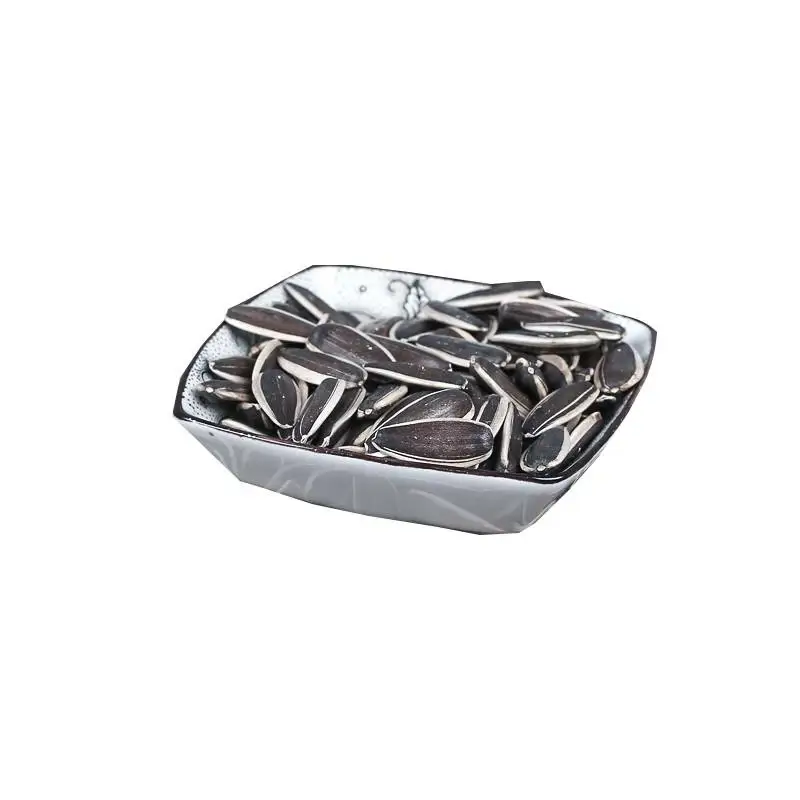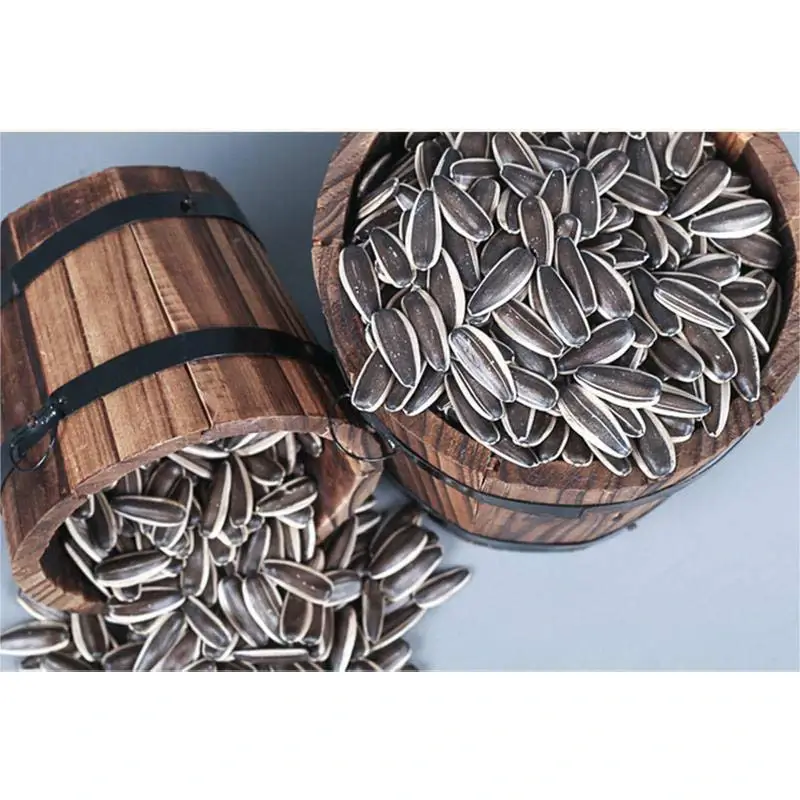-
 Afrikaans
Afrikaans -
 Albanian
Albanian -
 Amharic
Amharic -
 Arabic
Arabic -
 Armenian
Armenian -
 Azerbaijani
Azerbaijani -
 Basque
Basque -
 Belarusian
Belarusian -
 Bengali
Bengali -
 Bosnian
Bosnian -
 Bulgarian
Bulgarian -
 Catalan
Catalan -
 Cebuano
Cebuano -
 Corsican
Corsican -
 Croatian
Croatian -
 Czech
Czech -
 Danish
Danish -
 Dutch
Dutch -
 English
English -
 Esperanto
Esperanto -
 Estonian
Estonian -
 Finnish
Finnish -
 French
French -
 Frisian
Frisian -
 Galician
Galician -
 Georgian
Georgian -
 German
German -
 Greek
Greek -
 Gujarati
Gujarati -
 Haitian Creole
Haitian Creole -
 hausa
hausa -
 hawaiian
hawaiian -
 Hebrew
Hebrew -
 Hindi
Hindi -
 Miao
Miao -
 Hungarian
Hungarian -
 Icelandic
Icelandic -
 igbo
igbo -
 Indonesian
Indonesian -
 irish
irish -
 Italian
Italian -
 Japanese
Japanese -
 Javanese
Javanese -
 Kannada
Kannada -
 kazakh
kazakh -
 Khmer
Khmer -
 Rwandese
Rwandese -
 Korean
Korean -
 Kurdish
Kurdish -
 Kyrgyz
Kyrgyz -
 Lao
Lao -
 Latin
Latin -
 Latvian
Latvian -
 Lithuanian
Lithuanian -
 Luxembourgish
Luxembourgish -
 Macedonian
Macedonian -
 Malgashi
Malgashi -
 Malay
Malay -
 Malayalam
Malayalam -
 Maltese
Maltese -
 Maori
Maori -
 Marathi
Marathi -
 Mongolian
Mongolian -
 Myanmar
Myanmar -
 Nepali
Nepali -
 Norwegian
Norwegian -
 Norwegian
Norwegian -
 Occitan
Occitan -
 Pashto
Pashto -
 Persian
Persian -
 Polish
Polish -
 Portuguese
Portuguese -
 Punjabi
Punjabi -
 Romanian
Romanian -
 Russian
Russian -
 Samoan
Samoan -
 Scottish Gaelic
Scottish Gaelic -
 Serbian
Serbian -
 Sesotho
Sesotho -
 Shona
Shona -
 Sindhi
Sindhi -
 Sinhala
Sinhala -
 Slovak
Slovak -
 Slovenian
Slovenian -
 Somali
Somali -
 Spanish
Spanish -
 Sundanese
Sundanese -
 Swahili
Swahili -
 Swedish
Swedish -
 Tagalog
Tagalog -
 Tajik
Tajik -
 Tamil
Tamil -
 Tatar
Tatar -
 Telugu
Telugu -
 Thai
Thai -
 Turkish
Turkish -
 Turkmen
Turkmen -
 Ukrainian
Ukrainian -
 Urdu
Urdu -
 Uighur
Uighur -
 Uzbek
Uzbek -
 Vietnamese
Vietnamese -
 Welsh
Welsh -
 Bantu
Bantu -
 Yiddish
Yiddish -
 Yoruba
Yoruba -
 Zulu
Zulu
મે . 26, 2025 10:49 Back to list
Premium Sunflower Seeds Suppliers Bulk Export & Manufacturing
- Overview of sunflower seeds
as a versatile agricultural product - Technical advantages in seed processing and quality control
- Comparative analysis of leading sunflower seed manufacturers
- Customized packaging and bulk export solutions
- Nutritional data and applications in food industries
- Case study: Successful export partnerships in Europe
- Sustainable practices for sunflower seeds production

(sunflower seeds)
Sunflower Seeds: A Staple in Global Agriculture
Sunflower seeds, derived from the Helianthus annuus plant, represent a $20 billion global market driven by demand for snacks, oils, and animal feed. With over 50 million metric tons produced annually, regions like Ukraine, Russia, and China dominate cultivation. Modern sunflower seeds on a sunflower product lines integrate AI-powered sorting, ensuring 99.5% purity rates and compliance with ISO 22000 food safety standards. Hybrid varieties now yield 2.8–3.2 tons per hectare, a 40% increase from 2010.
Innovations in Seed Processing Technology
Advanced dehulling systems remove 98% of hulls without damaging kernels, while infrared roasting preserves 95% of natural antioxidants. Leading sunflower seeds on a sunflower manufacturers utilize blockchain traceability, allowing buyers to track seeds from farm to factory. Automated optical sorting achieves 400 kg/hour throughput with ≤0.2% defect rates, surpassing traditional methods by 60% in efficiency.
| Manufacturer | Yield (tons/ha) | Germination Rate | Certifications |
|---|---|---|---|
| AgroSun Corp | 3.1 | 97% | ISO 9001, FSSC 22000 |
| SeedMaster Ltd | 2.9 | 95% | HACCP, Kosher |
Tailored Export Solutions for Diverse Markets
Sunflower seeds in sunflower exporter operations now offer vacuum-packed 25kg bags with 18-month shelf stability, meeting EU Regulation 1169/2011. Custom blends for bakeries combine 60% striped + 40% black seeds, while oil producers receive batches with 45–50% oil content. Bulk shipments utilize CO2-controlled containers, reducing rancidity risks during 60-day transits.
Nutritional Profile and Industrial Applications
Per 100g serving, sunflower kernels provide 584 kcal, 21g protein, and 51g healthy fats. Cold-pressed oil retains 80% vitamin E (35.17mg) versus 45% in refined variants. Confectionery manufacturers value 16–18mm jumbo seeds for chocolate inclusions, while pet food companies use crushed kernels as omega-6 sources.
Export Success: German Retail Partnership
A Romanian exporter secured a €4.2 million contract with Berlin-based HealthySnacks GmbH by providing:
- Monthly 40-foot container shipments (24MT each)
- Resealable 200g pouches with QR-linked origin data
- 1.2% maximum broken seed content
Sustainable Sunflower Seeds for Future Generations
Regenerative farming practices reduce water usage by 30% through drought-resistant cultivars. Leading sunflower seeds on a sunflower manufacturers now achieve 100% biomass utilization—hulls become biofuel, while pressed cake feeds livestock. Blockchain-certified “green” batches command 12–15% price premiums in Scandinavian markets, proving sustainability drives profitability.

(sunflower seeds)
FAQS on sunflower seeds
Q: What are the key features of high-quality sunflower seeds in sunflower products?
A: High-quality sunflower seeds are uniform in size, free from cracks, and have a fresh, nutty aroma. They should meet food safety certifications like ISO or HACCP. Proper packaging ensures extended shelf life and freshness.
Q: How can I verify the reliability of sunflower seeds on a sunflower manufacturer?
A: Check for certifications like FDA, GMP, or organic approvals. Review customer testimonials and industry certifications. Reliable manufacturers also provide transparent sourcing and production processes.
Q: What certifications are required for exporting sunflower seeds internationally?
A: Exporters typically need phytosanitary certificates, ISO 22000, and compliance with destination-country regulations like EU Organic or USDA Organic. Proper documentation ensures smooth customs clearance and market access.
Q: Which countries are top importers of sunflower seeds from sunflower exporters?
A: Major importers include China, Turkey, Germany, and the Netherlands. These countries prioritize bulk purchases for snacks, oils, and animal feed. Exporters often target regions with high agricultural demand.
Q: What quality control measures do sunflower seed manufacturers implement?
A: Manufacturers use automated sorting, moisture testing, and metal detection systems. Regular lab tests for aflatoxin and pesticide residues are conducted. Traceability systems ensure compliance with global safety standards.
-
Premium Sunflower Seeds for Healthy Snacking & Cooking
NewsJul.25,2025
-
Premium Quality Pistachios - Fresh, Healthy & Delicious Nuts
NewsJul.24,2025
-
Premium Crab Sticks – Delicious, Easy-to-Use Seafood Snack
NewsJul.23,2025
-
Buy Bulk Sunflower Seeds Exporter – Premium Quality & Competitive Price
NewsJul.22,2025
-
Premium Melon Seeds | Nutritious Snack & Baking Ingredient
NewsJul.22,2025
-
Bulk Sunflower Seeds Suppliers | Wholesale & Export
NewsJul.21,2025
